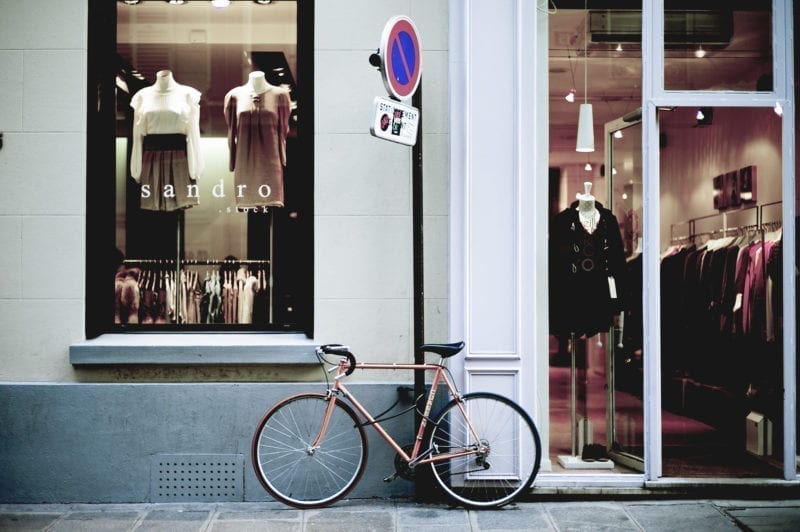Looking out the plane as it ascended from the South of France toward California, I watched a world I knew become smaller and further away from me. As I flew over fields and a city center once familiar to me, I thought a lot about French exits. To make a French exit is to leave without warning, without saying goodbye.
I remembered how the city shut down one sector at a time, slowly, then all at once, until the streets had been emptied out of their people and sounds. I thought about how my departure came also slowly, then all at once, with too many goodbyes left unsaid or rushed.
I remembered how the city shut down one sector at a time, slowly, then all at once.
I avoided writing about my time studying abroad and the transition back home because of coronavirus for a long time. It was something that felt too sacred to touch, too heavy to unpack, and also, not over. The abruptness with which I left France left me dizzy, not knowing what direction was forward or what time zone I was supposed to operate on.
How was I supposed to remember the niche conjugations I would continuously mess up without my host sister correcting me? Would I ever know the feeling of cramming myself onto a densely-packed tram car to get to classes on time again?
The logistics of my departure were as disorientating as my emotions, as my flights were repeatedly canceled and my friends and I tried to decipher the implications of new terminology like “unprecedented” and “essential” as international policies went into effect and borders closed one by one.
My friend and I talked about the feeling of being pulled out of this amazing greenhouse that had maintained the perfect conditions for our growth. To be ushered out of a meaningful season causes us to confront an uncertain future. What is unknown is not necessarily bad. It is just unknown, but the loss that comes with a premature exit is undeniable. Leaving felt like our leaves were being forced into a new environment to shrivel up, when really they were being pruned.
A French exit implies leaving, but it also precedes entering into something new. We can’t control the outflux of our lives, but we can try to harness goodness and invite it in.
We can’t control the outflux of our lives, but we can try to harness goodness and invite it in.
If the connotation of making a French exit is leaving a party abruptly, let me remind you where people go when they depart from a party—home. From a space of excitement to the place most comfortable to you, belonging can be translated into any place you feel love. In departing, we realize we are not alone or abandoned, but met with familiar faces waiting at the arrivals gate or framed in perfect squares on a Zoom screen.
When we leave a space we hold dear, we don’t sever ties or the roots we built. Instead, we stretch an already-forged connection across a longer distance and allow our hearts to soften and grow fonder as we calculate time differences and navigate conversations interrupted by lapses in Wifi.
If your heart feels weighty from the French exits of 2020, I challenge you to reflect on what was lost but subsequently what comes next.
How has COVID-19 orchestrated French exits in your life? What are you waiting to enter into?
Image via Prakash Shroff, Darling Issue No. 14










